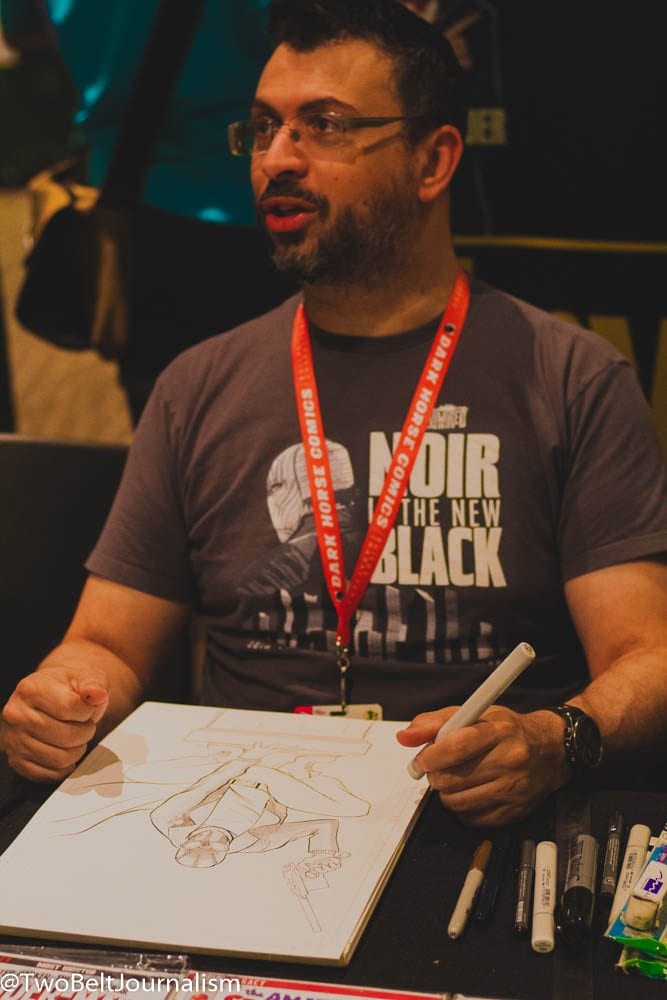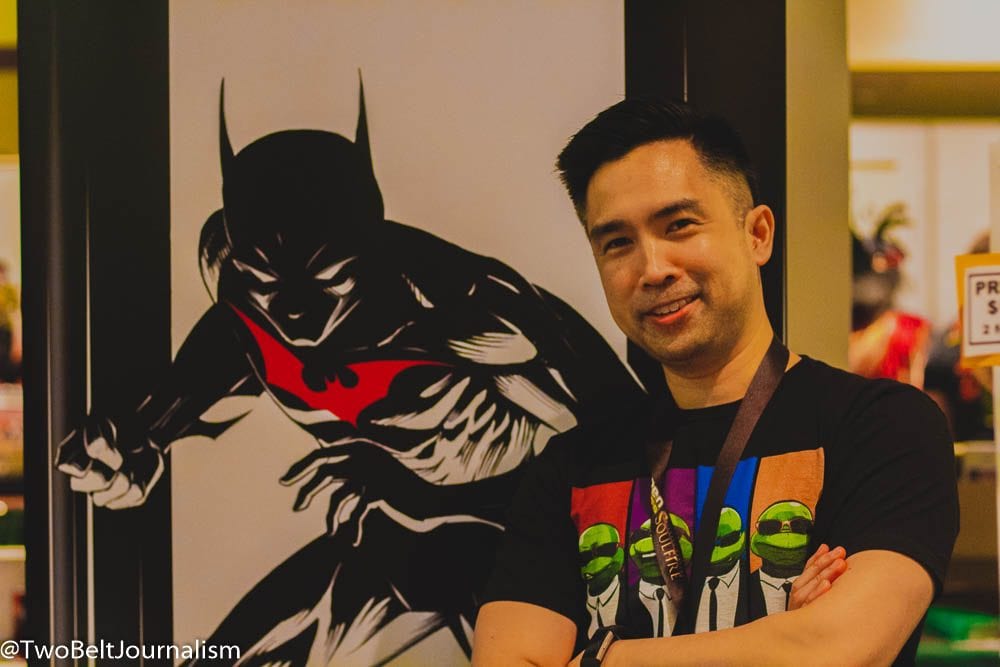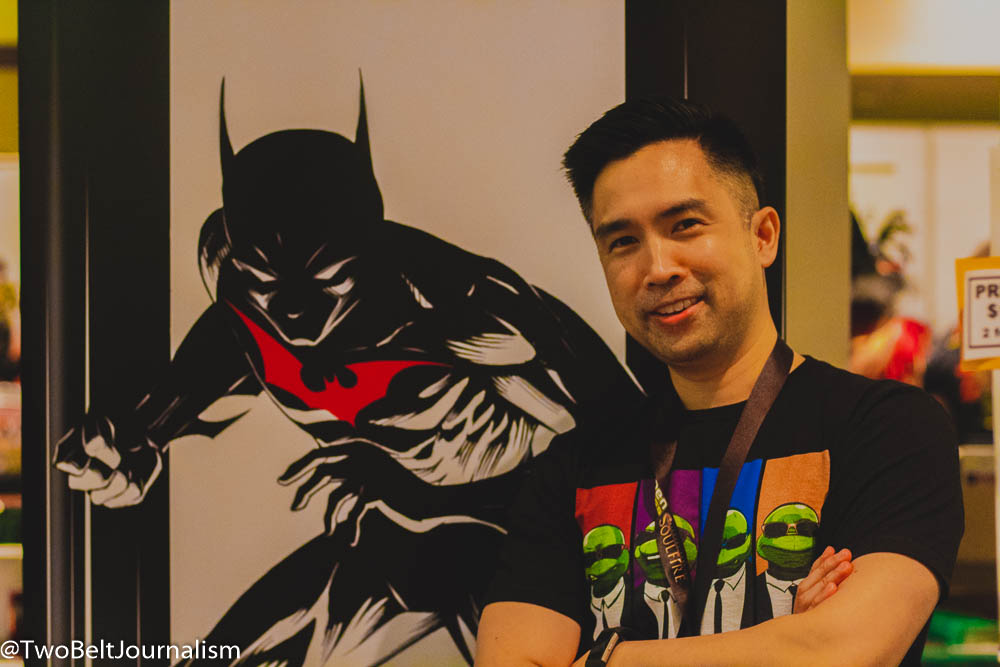My first year of Emerald City Comic Con was overwhelming, to say the least. I wanted this experience to be more than just fanfare, I wanted to find a way to get my foot in the comic book industry. While I’m years away from even having a pinkie toe wedged in the door, this convention put me on a path that before seemed insurmountable. Now that path is not only visible, but it seems obtainable.
Connecting With Artists
Without artists, there is no art. This seemed like the most plausible place to start. I walked around and asked every artist that had time for me how they got into the industry and what was the best advice they ever got early in their careers.
Networking is as much about information extraction and making deals as it is showing people you care. Nobody wants to give someone a job that doesn’t care about that industry on a deep level. Opportunities are given to people who value the art and culture of comic books and animation, being a good writer or artist is just a small part of the equation. You may already care deeply, but showing the industry gatekeepers how much you care is something else entirely, and requires years of sustained work.

Ask Questions During Panels
Don’t waste time on your phone like its sixth period in high school. Take notes and ask questions. This may be the only time you have these talented artists in front of you, so take advantage of it. If you’re taking notes and asking questions, you’re already ahead of the game. Fun fact, asking a ton of questions during a panel in college is exactly how I got my job here at Respect My Region.
Panels Can Be Low Hanging Fruit
Building off the last section, sometimes the Panels won’t have the answers you’re looking for. The panels can be the low hanging fruit of a subject because they’re designed to entertain the masses, not necessarily to give you the insights on a future career. Don’t be discouraged if they don’t provide the answers you’re looking for, just wait until the panel is over and go pester the panelists with any technical questions you have. A panel of animation writers told the audience that exact strategy earned some of them their first big break in the industry.
Go Where The Artists Go
You gotta go where the artists go. You have to keep networking and get people to recognize your face Most people think that Los Angeles or New York are the only places where comics get created, and for the most part they’re correct. But Portland, Oregon also has a bustling comic book scene and has for a couple of decades now. Matt Mair Lowery and Jonathan Case are talented comic creators making
Online communities can also provide this networking to a degree, but I’d argue there’s no replacement for interpersonal contact. Also, sharing ideas over the internet can be sketchy if you don’t know who they are or what their intentions are. But there are blossoming fan fiction communities that share and critique each other’s stories if you’re not close to a reality-based comic book creator community.
Learn The Industry Inside And Out
If you put yourself around the right people long enough, they’re eventually going to ask you what it is you do… and you better have a damn good answer for them. Not only should you have a solid understanding of the industry you want to work in, but have samples as well.
You should be somewhat familiar with script writing, drawing, coloring, inking, and every part of the industry. I talked to writers who had to learn to draw before they got their break and vice versa. Sometimes you don’t need to be masterful at any one skill, but competent at all of them so you limit the barrier of entry for yourself. Writers can’t pitch concepts if they can’t draw their ideas on storyboards, and artists can’t bring panels to life without good writing.
Consume What You Want To Create
This might be the most important advice on this list. You have to be the biggest consumer of the art you want to create. Read scripts and comics every day. Watch animation and cartoons, look at storyboards, draw your own. The more you consume, the more vital information you will absorb, whether you realize it or not. Over time you’ll start to see how to break down comics and cartoons into their developmental formulas. Every artist at the convention started as a fan just like you and I. The only difference between an artist and a fan is the work they put in to show the world how big of a fan they truly are.

Check Out RMR’s Emerald City Comic Con 2019 Recap
FOR MORE UPDATES FOLLOW RESPECT MY REGION ON FACEBOOK & TWITTER







